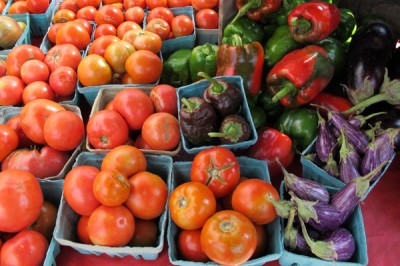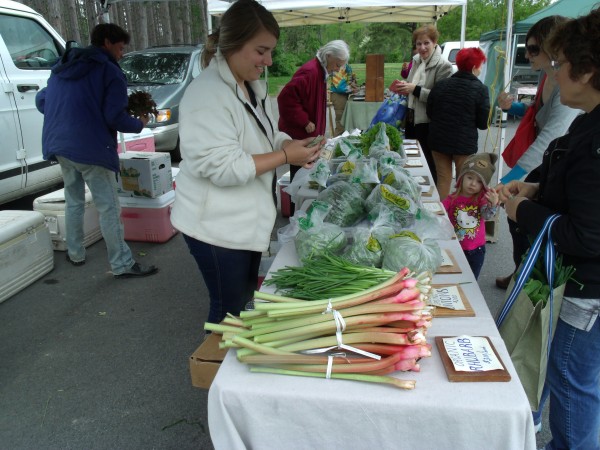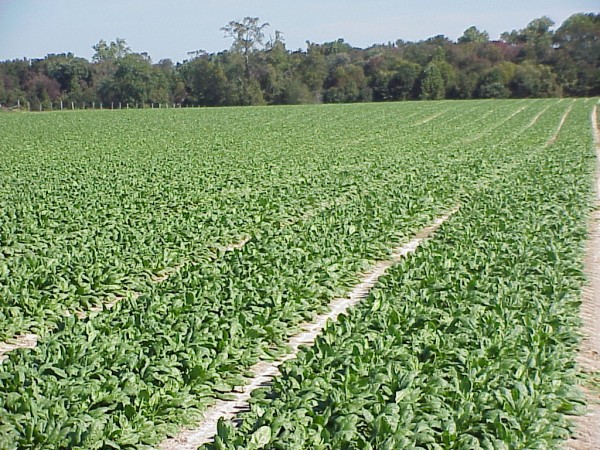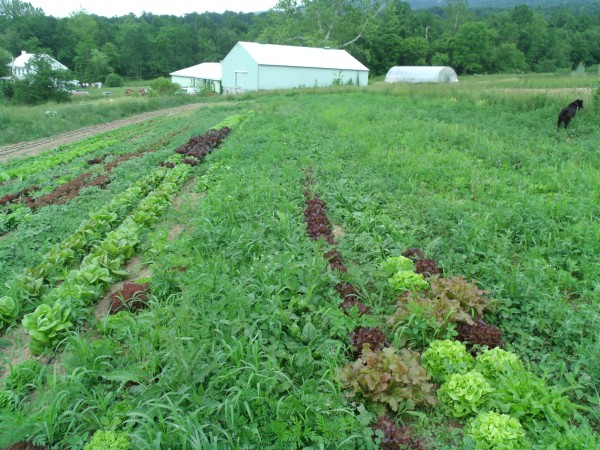-

Erin Donahue -

Christina Barkanic -

Brittany Trott -

Emily Wiley -

Jessica Reilley -

Chris Raines -

Will Nichols -

Emily Reddy -

Michele Marchetti -

Michele Frank -

James Gherardi -

Kit Henshaw -

Christina and Erin -

Kim Tait -

Erin McKinney -

Steve Spanelli -

Sam Komlenic -

Katherine Taylor Grofic -

James Eisenstein -

Jamie Oberdick -

Anna Lombardo -

LacCreta Holland -

Tony Ricci -

Local Food Journey -

Laura Young -

Kristin Camplese -

Harrison's Fresh + Local -

Danielle Matalonis -

Kristine A. -

Linda Weaver -

Naomi Elle Schwartz -

Dana Stuchul -

Cara McShane -

Brittany Smith -

Jessica Illuzzi - Frosty
-

Jessica Paholsky -

James Sechrengost -

Brad Yeckley -

Maya Althouse -

Jordan Reabold -

Kim Chase -

Maria Bryant - Alexandrea Scott
My Local Food Fantasy Revisited, Part III: Increasing the Demand for Local Food
Posted by James Eisenstein on 07/08, 2013 at 08:47 AM

This year I’ve revisited my 2011 local food fantasy by describing recent developments that are moving us to a vibrant local food system and sketching the outlines of what it could be like given the variety (but limited quantities) of locally produced food already available. To become a reality, the demand for local food here must grow, but some formidable obstacles loom. Part III identifies the major obstacles and sketches ways to overcome.
At the top of my list is the widespread persistent belief that local food costs too much. Yes, Americans spend less on food than nearly everyone else. Mr. Google told me that the World Bank reported 6% of incomes in the U.S. went to food, with the UK next at 9%—half again as much as here. But knowing this won’t change anything.
Did you just think to yourself, “Well, gee whiz, I guess I’ll just have to pay more from now on?”

Nearly everything you see pictured at the Jade Family Farm stand on May 14th at the Boalsburg Farmers Market was harvested the day before the market. Virtually all of the produce at “producers only” local farmers markets is equally fresh.
Perhaps people will respond if they can be weaned from what I term “the false economy of cheap food.” We eat to live, and the more nutritious food is, the better off we are. Folks need to realize that fresh food is more nutritious. Most produce at our farmers’ markets was picked the day before. Supermarket produce is typically picked many days before and shipped from somewhere south of Sacramento. And it isn’t so cheap when you include the cost of what you have to throw away when it goes bad before you use it. Buy cheap, buy twice, as they say. And don’t forget the more robust local economy that results when local farmers rather than supermarket chains receive and re-circulate the money we spend on food.
Another obstacle is that consumers do not sufficiently value the safety of their food. Local food carries less risk, especially if it is organically produced and untainted by GMOs or residues of pesticides and herbicides. Our producers don’t want to sicken the customers they meet face to face every week, and they well understand their livelihoods rest on their reputations. The corporate owners and managers of the mega-spinach farms in Mexico or California’s Central Valley face very different (read profit maximizing) pressures.
As someone who spent a career in education, I instinctively cringe when someone proposes “more education” as a solution to problems. Mostly it doesn’t work. But sometimes it does. School children can learn first hand about the value of fresh food by growing it in a school garden, eating it at lunch, and visiting farms and farmers’ markets. Penn State students will taste the difference when they buy a dorm meal using local food. Restaurant customers here increasingly see menus featuring locally-sourced food.
Part V of my food fantasy will argue that as the Friends and Farmers Food Co-op moves toward opening, it will raise awareness of the advantages of local food and accelerate the increase in the demand for it. But growing demand can’t be satisfied until the obstacles to increasing the supply of local food are identified and overcome. Stay tuned for Part IV, which will address the topic of supply.

Spinach from this huge field in California in 2007 was shipped all over the country. It was contaminated with e-coli bacteria and sickened 205 consumers in 26 states. Five died.
This spinach bed, ready to harvest, stands in stark contrast to the mega field shown above. You have to look hard to find the spinach among the lettuce that shares this bed and the weeds. Because it is ready for harvest, the weeds can be tolerated for a few more days. Why might there be no weeds in the mega-field? I’ll bet it wasn’t hand weeded!
![]() Author: James Eisenstein
Author: James Eisenstein
Bio: Unpaid Field Hand at Jade Family Farm | Former Penn State Professor
- Our Local Food Journey comes to an end
- Winter isn’t a quiet time at the farm
- Get the taste of garden season right now by growing herbs indoors
- All you need to know about PASA’s Farming for the Future conference










NO COMMENTS